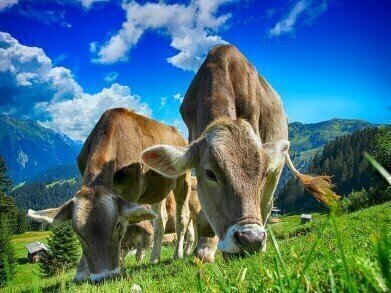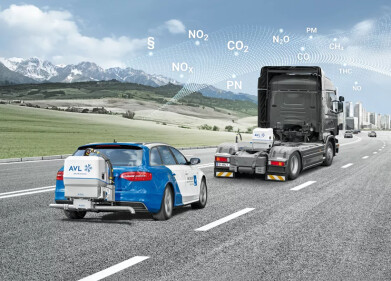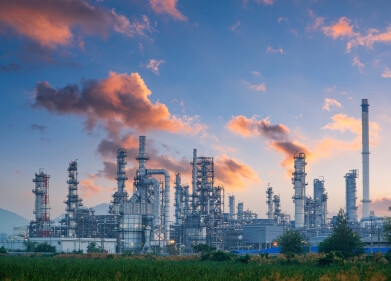Air Monitoring
What Are the Most Polluting Industries? - Agriculture
Jan 23 2022
The cultivation of crops and the rearing of livestock has been practiced by humans for millennia and they’ve become crucial for sustaining the world’s ever-increasing populace. But while producing enough food for us to eat might be a basic component of our survival, the pollution associated with the agricultural industry is disproportionately high at the present time.
The production of meat and dairy is responsible for the lion’s share of this pollution, since cows emit a significant volume of methane into the atmosphere, take up a sizable amount of land and consume feedstock of their own. Nonetheless, deforestation and land-clearing practices are contributors to pollution in their own right, while modern farming techniques rely on fertilisers and pesticides to optimise yields, jeopardising the health of the wider ecosystem in the process.
Unwanted side-effects
It might surprise you to know that the farming sector is responsible for between 13% and 18% of all greenhouse gas (GHG) emissions on the planet. As mentioned above, the majority of these are produced by the cows and other livestock in the meat and dairy industries, who emit methane and other GHGs as part of their digestion process.
Given that methane has a global warming potential (GWP) that is as much as 84 times more potent than carbon dioxide over a period of 20 years, it’s of significant concern. That’s why methane monitoring is a must at farms and other major sources of pollution all around the world, since excessive levels of methane in our atmosphere can rapidly accelerate global warming and exacerbate climate change.
However, not all of the blame can be laid at the door of cows. Some parties are guilty of destroying habitats and decimating biodiversity in their bid to create new land to farm, including much of the world’s forested areas. The injudicious use of chemical additives can also imbalance nutrient levels in the soil and contaminate rivers, streams and lakes through agricultural run-off.
What can be done?
Curbing the different types of air pollution created by the agricultural industry could be most effectively achieved if the entire population were simply to eat less meat. There is significant scientific evidence to suggest that a vegetarian (or preferably vegan) diet would be beneficial to the planet, since it would entail fewer cows emitting methane and less intensive farming of the land.
Elsewhere, farmers could do their bit by employing more sustainable farming methods. This would involve transitioning away from the monocultures which are so popular today in favour of more varied crop placements, which encourage biodiversity. The adoption of the latest technology to introduce precision agriculture would optimise use of pesticides and fertilisers too, limiting the pollution generated by chemicals.
Meanwhile, strides have already been made on the topic of deforestation. At last year’s COP26 summit in Glasgow, over 100 world leaders representing more than 85% of Earth’s forested land pledged to end deforestation by the end of this decade. Significantly, Brazilian President Jair Bolsonaro was one of the signatories to the deal. With the Amazon Rainforest lying largely in Brazilian territory, that’s a big step forward towards a cleaner industry and a healthier planet going forwards.
If you are interested in learning more about how emissions affect pollution of all types, why not sign up for the CEM Conference this year? Set to take place virtually in March, the event will investigate some of the topics in this article (and many others) in much greater detail.
Digital Edition
IET 34.2 March 2024
April 2024
Gas Detection - Biogas batch fermentation system for laboratory use with automatic gas analysis in real time Water/Wastewater - Upcycling sensors for sustainable nature management - Prist...
View all digital editions
Events
Apr 30 2024 Melbourne, Australia
Apr 30 2024 Birmingham, UK
May 03 2024 Seoul, South Korea
May 05 2024 Seville, Spain
May 06 2024 Minneapolis, MN, USA


















